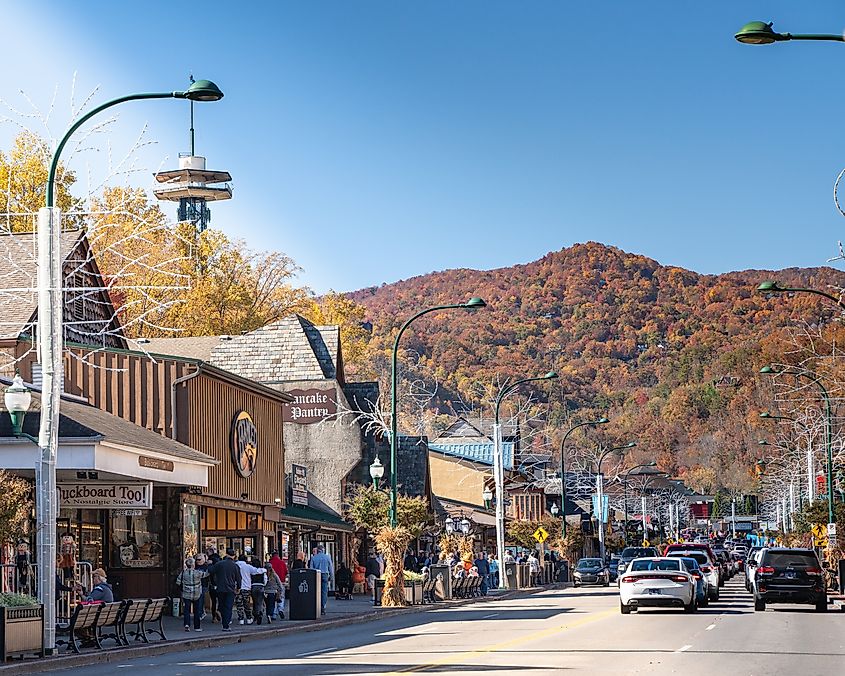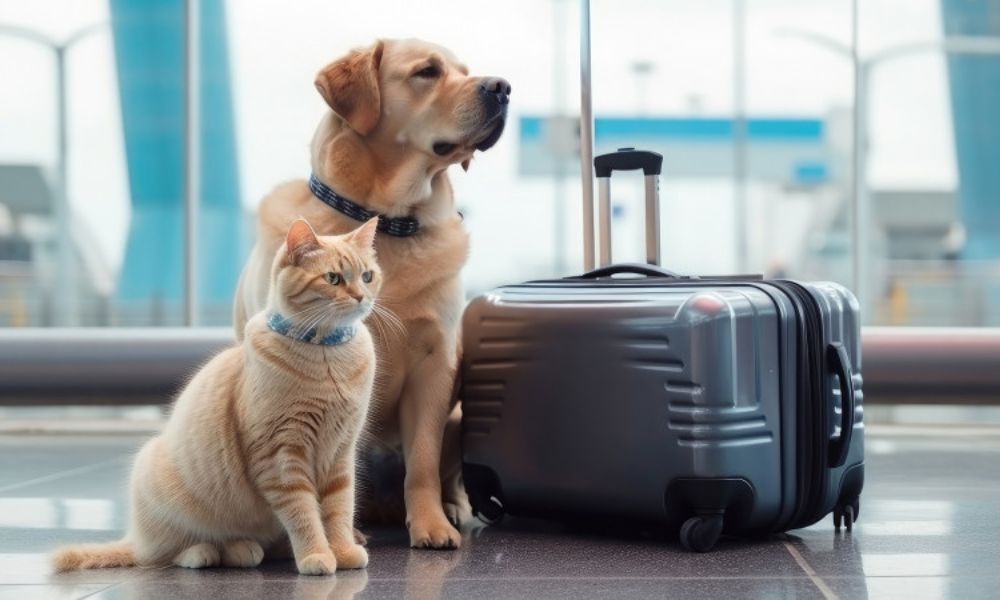
Clash of the Travel Titans as Delta Sues Marriott Over Its Name. A legal battle has commenced between Delta Air Lines and Marriott International, as the airline giant alleges trademark infringement by Marriott’s Delta Hotels brand, a dispute that underscores the complexities of brand identity and expansion in the global travel market. The lawsuit, initially filed in 2020 in the U.S. District Court for the Northern District of Georgia, centers on Delta’s claim that Marriott’s amplified use of the "Delta" name dilutes its own established brand recognition and creates consumer confusion. This legal action highlights the increasing importance of brand protection in a highly competitive market where companies are constantly seeking to diversify and expand their reach.
The core of Delta’s argument rests on the assertion that Marriott’s acquisition and subsequent rebranding of Delta Hotels, particularly the modification of its font and color palette to resemble Delta Air Lines’ visual identity, is a deliberate attempt to capitalize on the airline’s brand equity. The airline contends that this strategy has led to tangible confusion among consumers, including instances where businesses have mistakenly approached Delta Air Lines for partnership opportunities related to Delta Hotels, believing it to be a subsidiary of the airline. Furthermore, Delta points to inconsistent branding practices by Marriott, where the association between Delta Hotels and the Marriott brand is not always clearly communicated, exacerbating the potential for misidentification.
Marriott, however, defends its use of the "Delta" name by asserting that Delta Hotels has been in existence since 1962, predating Delta Air Lines’ widespread brand recognition in the hospitality sector. The hotel chain argues that the term "Delta" is generic and widely used in various business and geographical contexts, making it unreasonable for Delta Air Lines to claim exclusive ownership. The company also maintains that it has taken appropriate measures to differentiate the Delta Hotels brand from Delta Air Lines, and that any perceived confusion is minimal and does not warrant legal intervention.
The legal proceedings are expected to delve into the intricacies of trademark law, including the assessment of brand strength, the likelihood of consumer confusion, and the intent of Marriott in acquiring and expanding the Delta Hotels brand. A key aspect of the case will be determining whether a "reasonable consumer" would likely be confused about the affiliation between Delta Air Lines and Delta Hotels, considering the airline’s own ventures into the hospitality sector through Delta Vacations and Delta Sky Clubs.
The outcome of this case could have significant implications for brand management and trademark protection in the travel industry and beyond. A victory for Delta Air Lines could set a precedent for stricter enforcement of trademark rights, potentially limiting the ability of companies to use common names or branding elements that could be perceived as similar to established brands. Conversely, a win for Marriott could reinforce the notion that common names can be used across different industries, provided that sufficient measures are taken to avoid consumer confusion.
"This case is a classic example of the challenges companies face when expanding into new markets or acquiring existing brands with similar names," says Dr. Anya Sharma, a Senior Market Analyst specializing in brand valuation. "The key issue is whether Marriott’s use of the ‘Delta’ name is likely to cause consumers to mistakenly believe that Delta Hotels is affiliated with or endorsed by Delta Air Lines. The court will need to consider a range of factors, including the similarity of the brands’ visual identities, the channels through which they are marketed, and the sophistication of the target audience."
From a historical perspective, trademark disputes are not uncommon in the airline industry. Several airlines have faced legal challenges over their names or branding elements, often involving conflicts with established brands in related sectors. For instance, in 2023, Northern Pacific Airlines rebranded as New Pacific Airlines following a trademark infringement complaint from BNSF, the owner of the historic Northern Pacific Railway brand. Similarly, in the 1980s, Frontier Airlines faced opposition from Horizon Air over its attempt to launch a subsidiary named Frontier Horizon. These cases illustrate the importance of conducting thorough trademark searches and seeking legal advice before launching a new brand or expanding into new markets.
The lawsuit also raises questions about the future of brand partnerships and collaborations in the travel industry. As airlines and hotel chains increasingly seek to offer integrated travel experiences, the potential for brand confusion is likely to increase. Companies will need to be more diligent in ensuring that their branding and marketing materials clearly communicate the nature of their partnerships and avoid creating the impression of a direct affiliation where none exists.
The global expansion of Delta Hotels under Marriott’s ownership is a significant factor in the case. Since acquiring the Canadian hotel chain in 2015, Marriott has expanded the brand to include approximately 80 properties worldwide, including 52 in the United States. This rapid expansion has increased the potential for consumer confusion, particularly among international travelers who may be less familiar with the nuances of the U.S. market. According to a recent industry report, global hotel chains are increasingly focusing on expanding their presence in emerging markets, where brand awareness may be lower and the potential for trademark infringement is higher.
The financial implications of the lawsuit are also noteworthy. Delta Air Lines is seeking an injunction to prevent Marriott from further expanding the Delta Hotels brand, as well as unspecified financial damages. The cost of rebranding a hotel chain can be substantial, potentially running into millions of dollars, depending on the size and scope of the operation. In addition, the reputational damage associated with a trademark infringement lawsuit can negatively impact a company’s brand value and customer loyalty.
"This case highlights the importance of proactive brand protection," says Professor Emily Carter, a Professor of Public Policy specializing in intellectual property law. "Companies need to invest in comprehensive trademark searches, monitor their competitors’ branding activities, and take swift action to protect their trademarks from infringement. The cost of defending a trademark lawsuit can be significant, both in terms of legal fees and potential damages. It’s often more cost-effective to invest in preventive measures to avoid such disputes in the first place."
The outcome of the Delta Air Lines v. Marriott International case could also influence the way companies approach trademark licensing agreements. In some cases, companies may choose to license their trademarks to other businesses, allowing them to use the brand name or logo in exchange for a royalty fee. However, these agreements need to be carefully structured to ensure that the licensee maintains the quality and reputation of the brand. Failure to do so can lead to brand dilution and potential legal challenges.
Looking ahead, the travel industry is expected to continue to see a rise in trademark disputes as companies increasingly compete for market share and brand recognition. The increasing globalization of the travel market, coupled with the rise of social media and online travel platforms, has made it easier for consumers to encounter potentially confusing branding messages. Companies will need to be more vigilant in protecting their trademarks and ensuring that their branding is clear, consistent, and easily distinguishable from their competitors.
The stakes are high for both Delta Air Lines and Marriott International. A negative outcome could have a significant impact on their brand reputations, financial performance, and future growth prospects. As the case proceeds to trial, the travel industry will be watching closely to see how the court resolves this clash of the travel titans. According to recent market analysis, the travel and tourism sector accounts for an estimated 10% of global GDP, and the value of airline and hotel brands is estimated to be increased by $1.2 billion in the last fiscal year, underscoring the importance of brand protection in this industry. Furthermore, consumer surveys indicate that brand recognition influences approximately 45% of travelers’ booking decisions, highlighting the tangible impact of brand equity on business outcomes.




